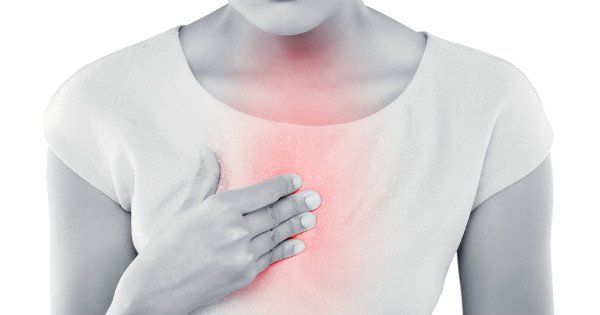Antireflux surgery
Antireflux surgery is performed to treat Gastroesophageal Reflux Disease (GERD). GERD is a disease characterized by the presence of gastric contents in the esophagus, and in many cases it can also reach the mouth, nose or airways. The most common symptoms are: a) Regurgitation: Sensation of gastric contents in the esophagus, mouth or nose. b) Heartburn: Sensation of "burning" or burning in the chest. c) Difficulty sleeping: Occurs when regurgitation is intense, especially with the vertical position used to sleep. d) Chest pain: Occurs when GERD has been present for a long time causing esophagitis or inflammation of the esophagus and pain in it, this translates into a feeling of discomfort in the chest. e) Frequent belching. f) Bad taste in the mouth, especially in the morning when getting up. e) Respiratory symptoms: These occur when gastric contents enter the airways and can cause coughing, rhinorrhea (clear fluid coming out of the nose), and coughing.
GERD or Gastroesophageal Reflux Disease can be treated with medications such as pump inhibitors (omeprazole, esomeprazole, etc.) or prokinetics (such as cinitapride, cisapride, etc.). However, in some cases, antireflux surgery is required to treat GERD. The most frequently performed antireflux surgeries are Nissen Fundoplication and Gastric Bypass or one of its modalities such as SASI Bypass. When should I consider undergoing antireflux surgery to treat my GERD? 1.- When the medications do not relieve my symptoms. 2.- When the medications do relieve my symptoms, but if I stop taking them the symptoms return, that is, I have to take medications for life. 3.- When I have respiratory symptoms or chest pain, because that indicates that my GERD is severe. 4.- When I have a previous endoscopy that says I have a large hiatal hernia, usually larger than 3 cm. 5.- When I have a previous endoscopy that reports moderate to severe esophagitis or Barrett's esophagus.




